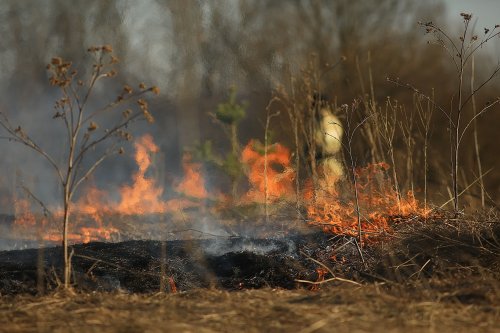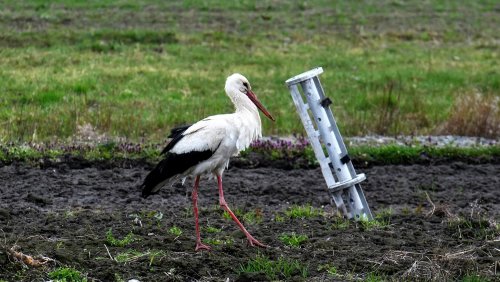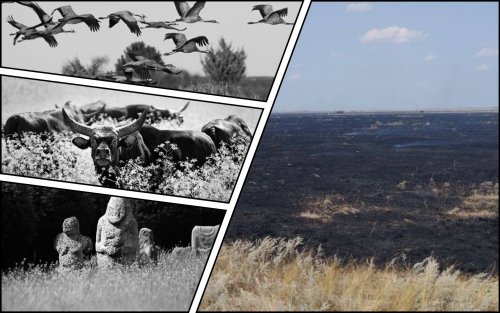The head of the Ministry of Environment, Ruslan Strilets, said that Lithuania will help Ukraine in the processing of buildings destroyed by the war buildings and other waste of destruction.
He talked about the problems with waste disposal in wartime on the air in the national marathon "UARazom".
Strilets noted that the local authorities understand that war waste, in particular destruction waste, must be moved to special places, sorted and reused.
However, Ukraine needs special facilities to convert them.
There are also difficulties with landfills, because fires occur from projectiles hitting landfills. The burning of garbage brings with it large concentrations of very harmful substances.
In addition, the movement of people to safer regions led to an increase in the amount of waste, which increased the load on landfills.
Strilets noted that thanks to the recently adopted law "On Waste Management", the Ministry of Environment is already working on the development of a national waste management plan in order to obtain a map of the country with relevant locations and actually form investment cases for investors.
Such an ambitious visual plan will be ready in a month and a half and will allow negotiations to begin and bring the waste management infrastructure up to modern standards and frameworks.
The infrastructure of waste management involves the creation of sorting stations and plants for the processing of unusable items, in particular cars and electronic waste.
"Every country of the European Union supports Ukraine today and offers specific cases of aid," Strilets said.
He also noted that before the war, the legislation of Ukraine did not allow measures to be taken to restore wildlife. However, today there is unprecedented support from the European Commission.
Currently, the Ministry of Environment is preparing the submission of 15 projects for the restoration of living nature within the framework of the LIFE program, in particular for the restoration of ecosystems, the revitalization of rivers, the construction of structures that will minimize the impact of water on settlements, and centers for the rehabilitation of wild animals.
The shooter explained that because of the war, many animals migrated to ecosystems that are uncharacteristic for them. To help animals adapt, it is necessary to create rehabilitation centers in every reserve of Ukraine.
He also added that despite the war, forestry continues to implement the program of the President of Ukraine Volodymyr Zelenskyi "Green Country" within the framework of which it is planned to plant 1 billion trees in 3 years. However, the pace of implementation has significantly decreased, because the largest number of trees were planned to be planted in the Kherson and Dnipropetrovsk regions.
However, tree planting continues in the western and northern regions of Ukraine.
"About 65% of what was planned in peacetime under this program will be fulfilled," said Strilets.
Earlier, EcoPolitic wrote, that the head of the Ministry of Environment Ruslan Strilets and the Minister of the Environment of the Czech Republic Hanna Hubachkova concluded Memorandum on cooperation in eco-projects and sharing of environmental information that will help attract private investment.
As EcoPolitic previously reported, The European Union is ready to provide Ukraine an expert and practical help in the assessment of the damage caused, in the process of post-war reconstruction and restoration of the environment.





